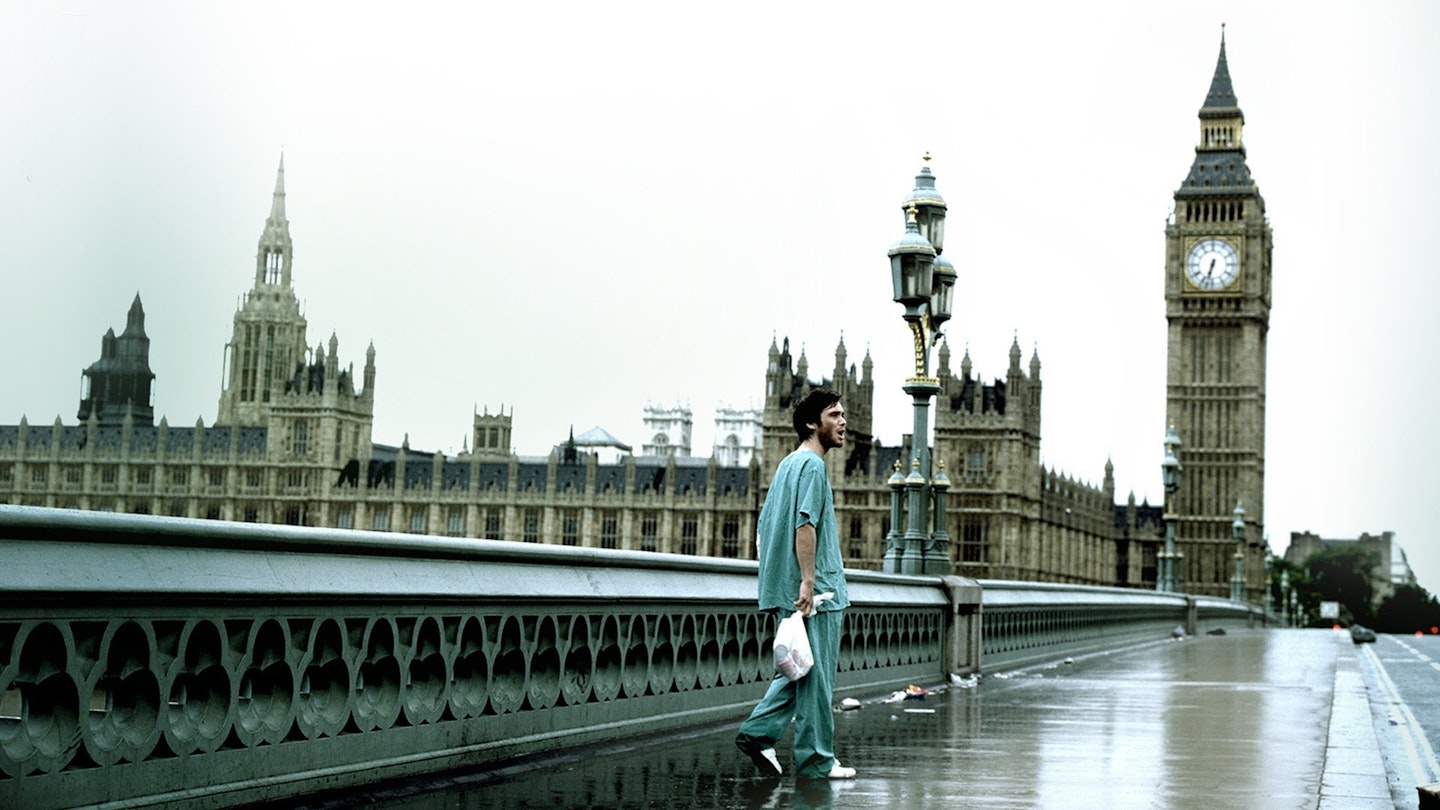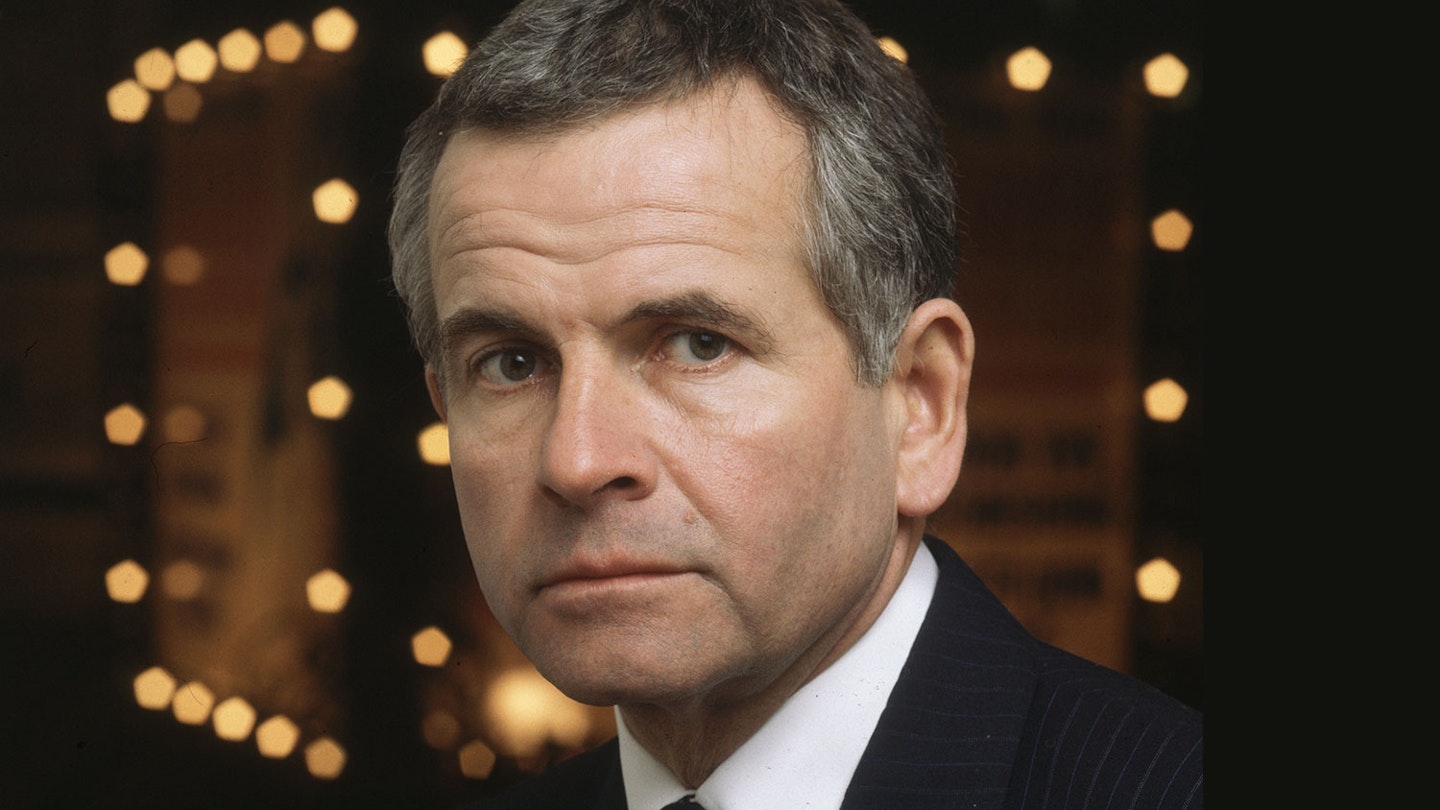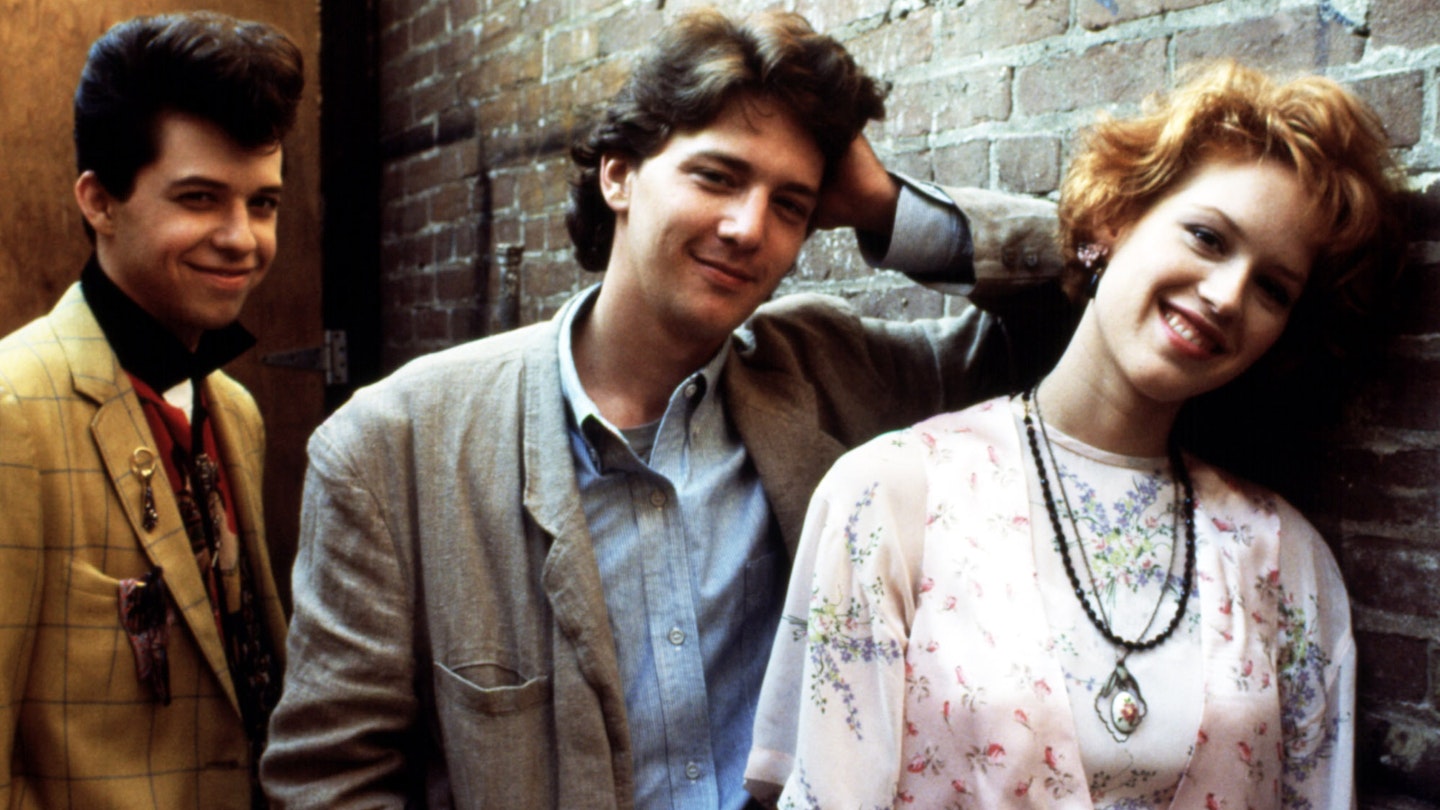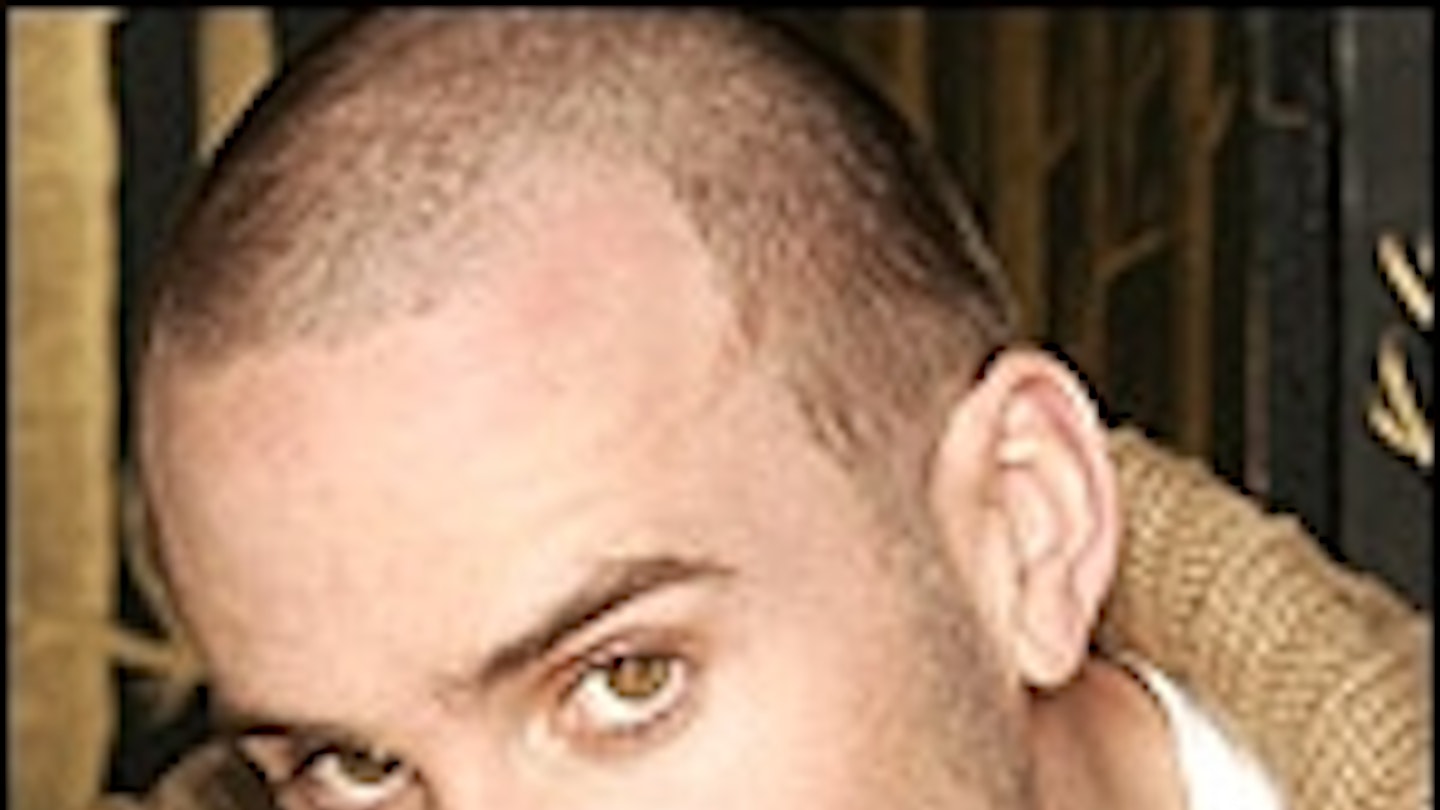Chariots Of Fire, Hugh Hudson’s winner of four Oscars, returns with an unfair rep. Over the 31 years since its release, it has been parlayed into the epitome of cosy, flag-waving heritage cinema, a proto King’s Speech/Downton Abbey squarely rooted in the middle of the middle-brow. While Chariots certainly trumpets old-school values, overflows with period finery and offers patriotic uplift in its finale, this is not the whole story. Hudson’s filmmaking elegance, producer David Puttnam’s sincere chutzpah and writer Colin Welland’s fierce intelligence coalesce to form not only the best film about athletics/the Olympics (frankly that’s not hard), but also a rare movie that keeps optimism, intelligence and emotion in perfect balance.
Whether returning to it or discovering it fresh, Chariots might surprise you. It’s funnier, more playful (stand up Ian Holm as Abrahams’ trainer and a young Nigel Havers hurdling champagne glasses) than its stuffy rep suggests. It also has edges, fuelled by a fiery anti-authoritarian stance that takes pot-shots at Cambridge porters, the Prince Of Wales and everyone inbetween.
The power of slow-motion running/Vangelis’ score might have been rubbed away by parody but Chariots gets lots of variety in its sporting set-pieces: the mournful, impressionistic Abrahams versus Liddell showdown is as far away from power sports montages as you can get.
Yet like all the best sports movies, Chariots is about so much more than a race. Juxtaposing the lives of driven Jewish law student Harold Abrahams (Ben Cross), all Gilbert and Sullivan and run-ins with the college hierarchy, with Scottish missionary Eric Liddell (the late Ian Charleson), all sermons in the rain and run-ins with his devout Christian sister (Cheryl Campbell), it’s a film about class, anti-semitism, the aftermath of World War I, bureaucratic red tape and the power of faith. Indeed, Chariots is a rich, complex character study of what drives two men to run that reveals the fissures in British society as much as it celebrates the heroism that overcomes them.




